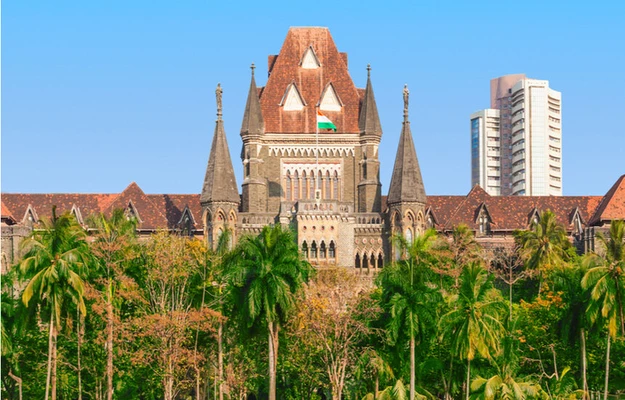News Date:
Mumbai: The Bombay High Court last week dismissed a petition seeking legal action against former Maharashtra governor Bhagat Singh Koshyari and Bharatiya Janata Party (BJP) MP Sudhanshu Trivedi for their statements about Chhatrapati Shivaji Maharaj, Mahatma Phule, his wife Savitribai and ‘Marathi manoos’. [Rama Arvind Katarnaware v. State of Maharashtra & Ors.]
A division bench of Justices Sunil Shukre and Abhay Waghwase opined that the statements were in the nature of ‘analysis of history’ and their intention was to ‘enlighten the society’ about history.
“The referred statements would tell us that they are in the nature of analysis of history and the lessons to be learnt from the history. These statements primarily reflect the perception and opinion of speaker about those figures with an intention to persuade the audience, to whom they have been expressed, to think over and act in a way which is good for Society. The intention behind the statements appears to be of enlightenment of the Society for its betterment, as perceived by the speaker,” the Court said in its 4-page order.
In view of this, it concluded that the statements prima facie did not constitute any offence punishable under any criminal law.
“These statements, therefore, cannot be seen, by any stretch of imagination, to be disrespectful to any great person, held in high esteem by the members of the Society in general and by the members of the Scheduled Castes and the Scheduled Tribes in particular,” the Court held.
The bench dismissed a petition filed by one Rana Katarnaware, a member of the scheduled caste community claiming that the statements by Koshyari and Trivedi were disrespectful to the historical figures who were held in high esteem in the society.
The petitioner also filed a complaint with the Mumbai police commissioner.
Through the petition, Katarnaware sought legal action against Koshyari and Trivedi.
It was contended that since the two were “highly political” figures, only a constitutional court could issue directions for registration of offence.
The Court, however, did not see prima facie constitution of any offence as alleged by the petitioner and hence did not deem it fit to exercise its powers under Article 226 of the constitution.
Accordingly, it dismissed the petition.



